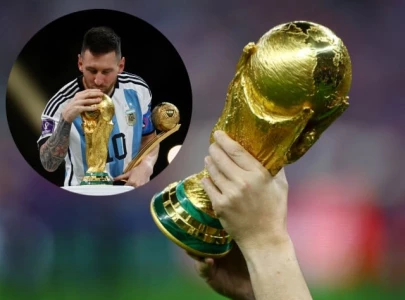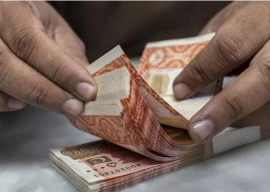
Pakistan’s economy passed through a rough patch in the outgoing fiscal year where gross domestic product (GDP) turned negative along with double-digit inflation.
Many media commentators and analysts are of the view that there are signs of recovery in the economy. On the political front, there is a lot of political turbulence going on now under the umbrella of Pakistan Democratic Movement (PDM).
On the economic front, the government is under pressure to deal with the high unemployment and inflation rates. Under the volatile political situation, the government is trying to resume the International Monetary Fund (IMF) loan programme where the IMF may ask for raising electricity and gas tariffs along with certain institutional reforms.
The government has already fulfilled certain conditions to resume the Extended Fund Facility (EFF) of the IMF. Owing to the slow pace of disbursement of funds in the first three months of FY21, the government has achieved 1.1% fiscal deficit and has met one of the quantification criteria.
On the monetary front, the State Bank of Pakistan (SBP) has brought down the policy rate to 7% in a span of six months. The impact of this adjustment has started to reflect in the real economy. The lower policy rate has eased liquidity conditions for leveraged businesses.
The index of large-scale manufacturing increased 4.8% in the first three months of FY21. Although many small businesses have closed down and a large chunk of people rendered jobless till now, yet large businesses have got decent loan deals from financial institutions.
In order to generate business under tough economic conditions, financial institutions are offering loans on easy terms to large businesses. In some cases, these businesses have started to bring back their employees who were on forced leave. The current recession has reduced gross external requirements of the country. The current account turned into surplus in the first three months of FY21, which is considered a boon for the economy.
Analysts are of the view that this surplus is temporary as it has been achieved due to low imports and high remittances. In addition, the country received a reasonable amount of remittances in the first four months of current fiscal year, which increased foreign exchange reserves of the SBP to around $12.7 billion. The capital inflow strengthened the rupee in the last month.
There is a resurgence of second wave of Covid-19 and the government is contemplating and deliberating to restrict business hours. Now, it has become difficult for the government to carry on with strict restrictions since business lobbies have started to raise clamour.
They are of the view that their businesses are not yet out of the previous lockdown effects and their balance sheets will deteriorate with another set of restrictions.
The double-digit food inflation is creating many difficulties for the urban poor. In this vein, wheat, sugar and other staple food items have become costly a great deal.
The reduction in the real wage of urban poor will redistribute income to landlords and merchants. Thus, the higher food prices will give benefit to landlords and merchants operating in the agriculture sector. If the situation continues like this, the economy will experience stagflation.
In a nutshell, the large-scale industrial sector has revived to an extent due to a slight fiscal dose and monetary relaxation. However, the agriculture sector is facing crisis, which will gradually constrain the output of industrial sector.
In order to sustain the output of industrial sector, the growth in output of the agriculture sector is the key. Otherwise, policymakers will have to deal with a complex situation of stagflation.
The writer is the Assistant Professor of Economics at SDSB, Lahore University of Management Sciences (LUMS)
Published in The Express Tribune, November 23rd, 2020.
Like Business on Facebook, follow @TribuneBiz on Twitter to stay informed and join in the conversation.













1727268465-0/Untitled-design-(42)1727268465-0-270x192.webp)




COMMENTS
Comments are moderated and generally will be posted if they are on-topic and not abusive.
For more information, please see our Comments FAQ